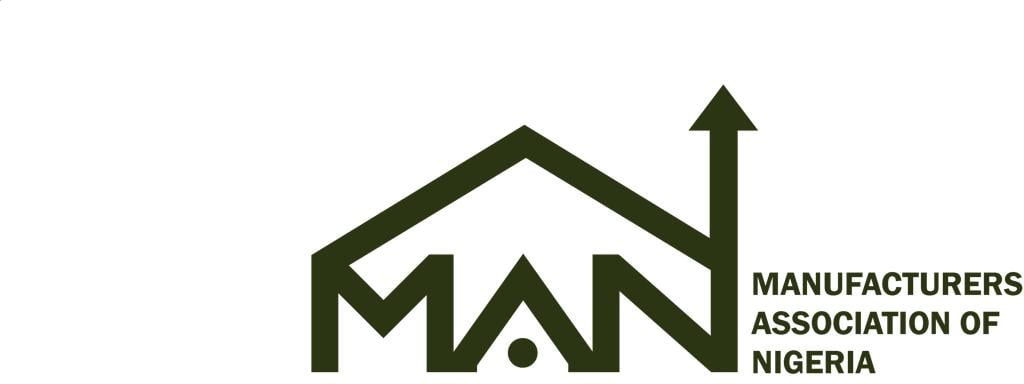The Manufacturers Association of Nigeria Export Promotion Group (MANEG) has urged the Federal Government to review existing trade barriers and protectionist policies that continue to limit Nigeria’s export growth under the African Continental Free Trade Area (AfCFTA).
The call was made during the group’s 8th Annual General Meeting (AGM) held in Lagos, themed “Difficulties in Export Trading under Multilateral Trade Agreements: A Threat to AfCFTA Implementation.”
Director-General of the Manufacturers Association of Nigeria (MAN), Segun Ajayi-Kadir, said export remains the foundation of economic independence and growth for developing economies. He stressed that Nigeria must strengthen local production capacity and refine its export policies to compete effectively within the AfCFTA framework.
According to Ajayi-Kadir, successive governments have launched several industrial and economic recovery plans without consistent execution, leaving manufacturing in a weakened position. He, however, expressed optimism that the current exchange rate regime could make Nigerian products more competitive abroad if backed by proper export incentives and logistics support.
Chairman of MANEG, Odiri Erewa-Meggison, said despite AfCFTA’s promise of expanded regional trade across 54 African countries, unresolved trade bottlenecks within ECOWAS continue to frustrate exporters. She noted that the challenges under the ECOWAS Trade Liberalisation Scheme (ETLS) could spill over and impede Nigeria’s ability to fully benefit from AfCFTA.
Citing National Bureau of Statistics (NBS) data, she said the value of manufactured goods exported in Q4 2024 stood at N494.2 billion, representing a 110.3 percent rise compared to the same period in 2023. However, she warned that the growth was not reflective of the harsh realities manufacturers face, including high operational costs, logistics inefficiencies, foreign exchange instability, and multiple taxation.
Erewa-Meggison called on the Federal Government to revisit its non-oil export policies and expedite the disbursement of the Export Expansion Grant (EEG), describing it as vital to sustaining manufacturing exports.
Also speaking, Professor Olawale Ogunkola of the University of Ibadan emphasised the need for Nigeria to pursue structural economic transformation beyond oil dependence. He argued that diversification, innovation, and value addition remain essential for long-term competitiveness and stability.
“With the right policies and strong institutional support, Nigeria can position itself as a major exporting power in Africa and beyond,” Ogunkola said.





